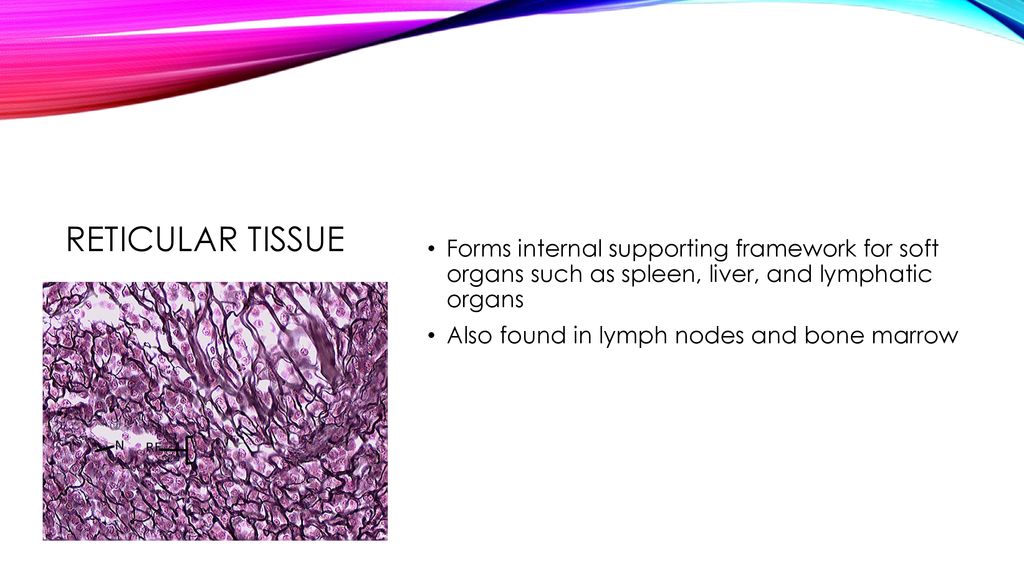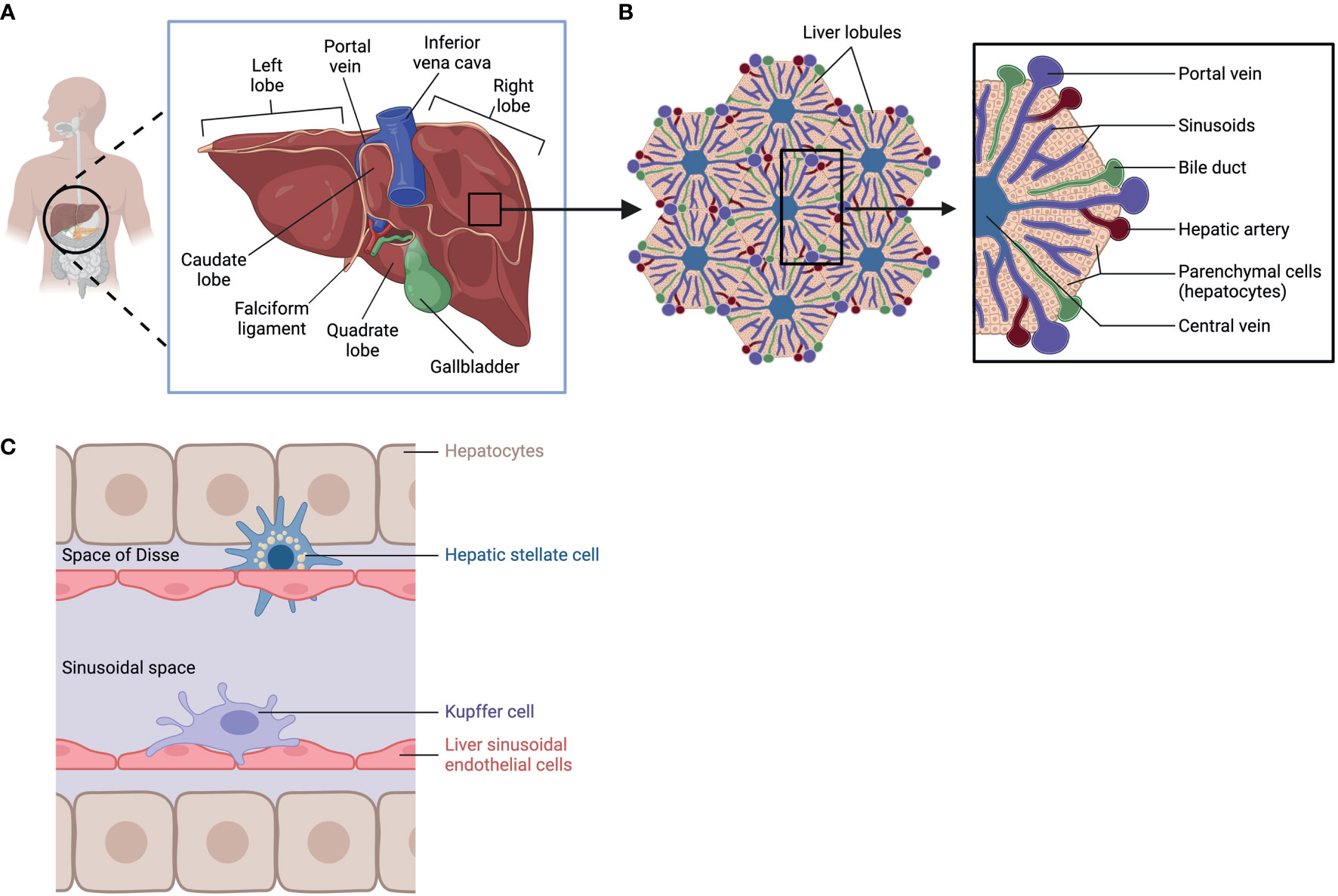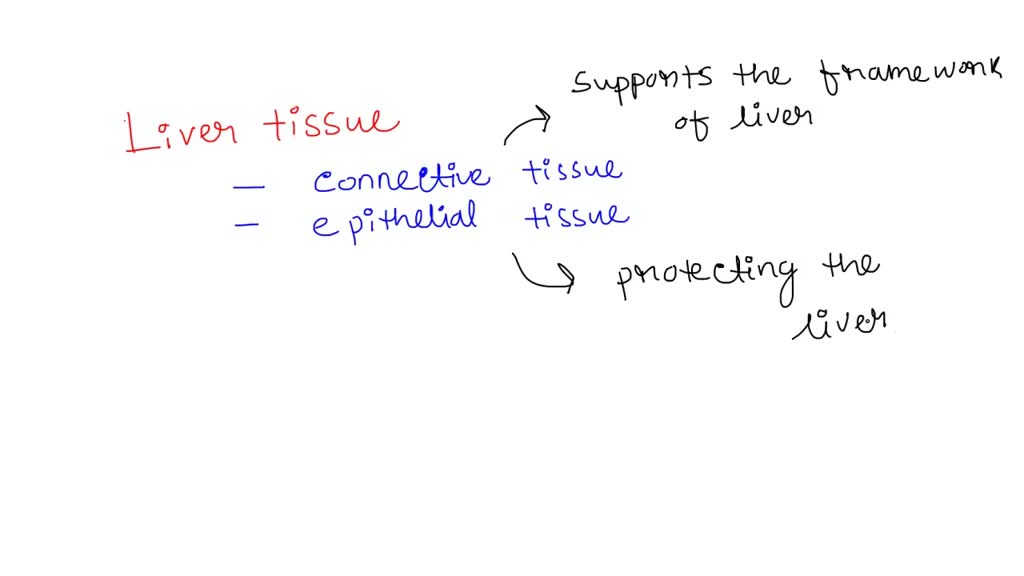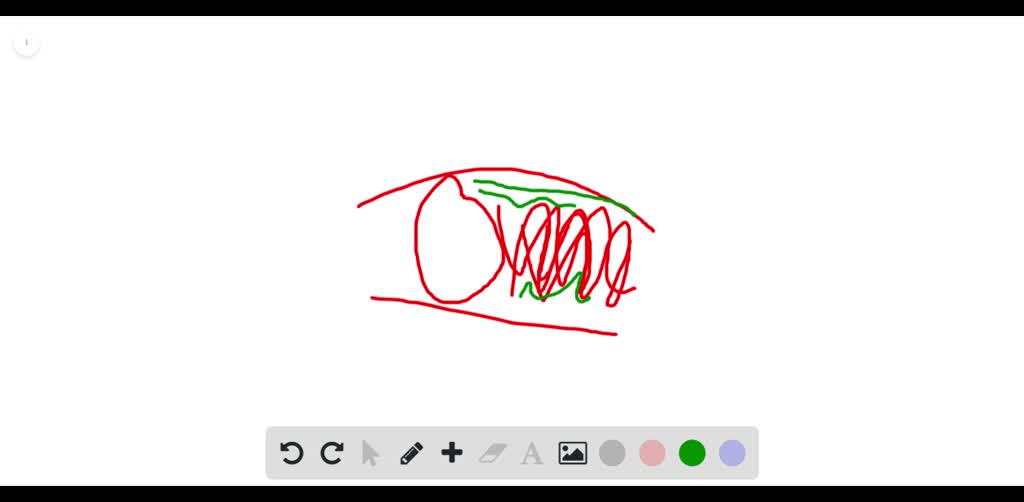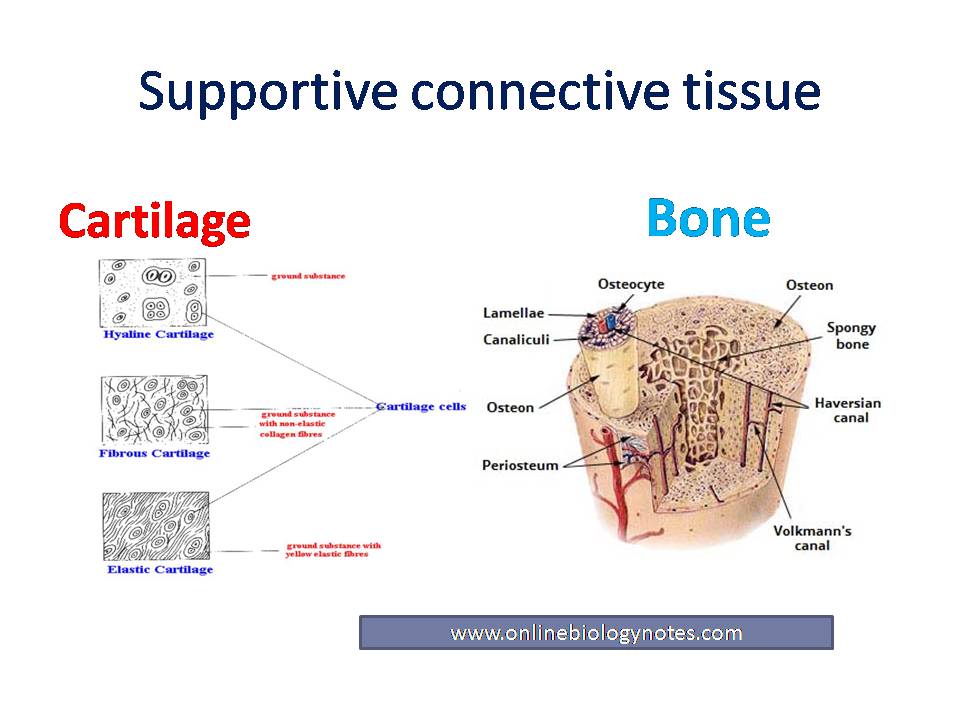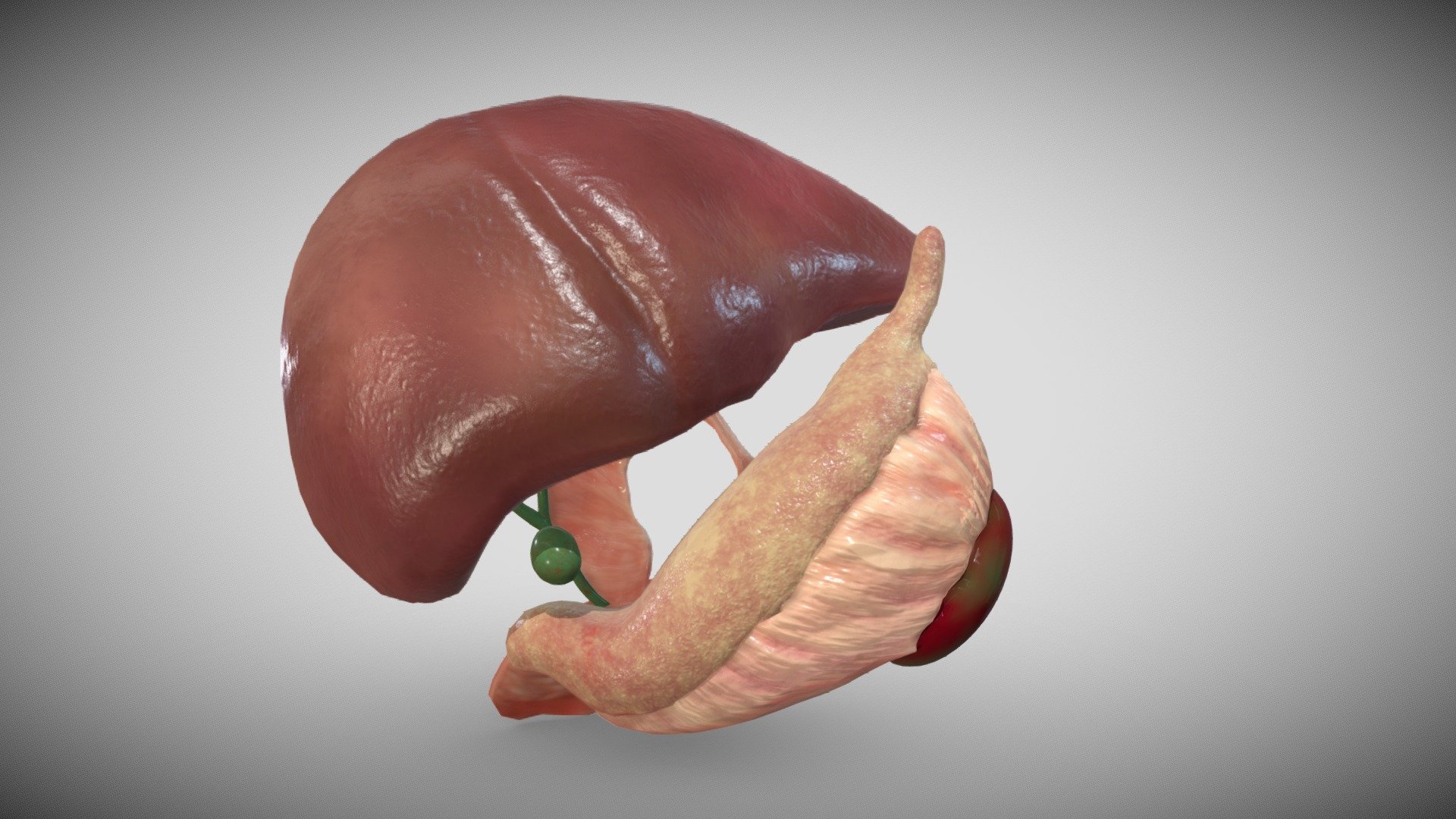Forms Supporting Tissue In Walls Of Liver And Spleen - 33 rows forms lining of stomach and intestines. Supportive connective tissue in the walls of the liver and spleen is primarily connective tissue. Learn at your own pace with bite. Loose connective tissue network of thin collagenous fibers within loose ground substance and reticulocytes functions: The supporting tissue in the walls of the liver and spleen is connective tissue. It provides structural support and holds the organs in place. Also elongated cells with elongated nuclei located near basement membrane.
It provides structural support and holds the organs in place. Also elongated cells with elongated nuclei located near basement membrane. The supporting tissue in the walls of the liver and spleen is connective tissue. Learn at your own pace with bite. Supportive connective tissue in the walls of the liver and spleen is primarily connective tissue. Loose connective tissue network of thin collagenous fibers within loose ground substance and reticulocytes functions: 33 rows forms lining of stomach and intestines.
It provides structural support and holds the organs in place. Learn at your own pace with bite. Also elongated cells with elongated nuclei located near basement membrane. 33 rows forms lining of stomach and intestines. Supportive connective tissue in the walls of the liver and spleen is primarily connective tissue. The supporting tissue in the walls of the liver and spleen is connective tissue. Loose connective tissue network of thin collagenous fibers within loose ground substance and reticulocytes functions:
BODY TISSUES. ppt download
It provides structural support and holds the organs in place. The supporting tissue in the walls of the liver and spleen is connective tissue. Supportive connective tissue in the walls of the liver and spleen is primarily connective tissue. Learn at your own pace with bite. 33 rows forms lining of stomach and intestines.
Frontiers Macrophages and the development and progression of non
It provides structural support and holds the organs in place. Also elongated cells with elongated nuclei located near basement membrane. Learn at your own pace with bite. Supportive connective tissue in the walls of the liver and spleen is primarily connective tissue. The supporting tissue in the walls of the liver and spleen is connective tissue.
SOLVED Liver tissue is a combination of many types of cells. In
Supportive connective tissue in the walls of the liver and spleen is primarily connective tissue. It provides structural support and holds the organs in place. 33 rows forms lining of stomach and intestines. The supporting tissue in the walls of the liver and spleen is connective tissue. Also elongated cells with elongated nuclei located near basement membrane.
MIDTERM REVIEW SAMPLES ppt download
33 rows forms lining of stomach and intestines. Supportive connective tissue in the walls of the liver and spleen is primarily connective tissue. Also elongated cells with elongated nuclei located near basement membrane. The supporting tissue in the walls of the liver and spleen is connective tissue. Loose connective tissue network of thin collagenous fibers within loose ground substance and.
Liver and Spleen Anesthesia Key
Loose connective tissue network of thin collagenous fibers within loose ground substance and reticulocytes functions: Also elongated cells with elongated nuclei located near basement membrane. Learn at your own pace with bite. Supportive connective tissue in the walls of the liver and spleen is primarily connective tissue. The supporting tissue in the walls of the liver and spleen is connective.
Thymus Histology Drawing
33 rows forms lining of stomach and intestines. It provides structural support and holds the organs in place. Loose connective tissue network of thin collagenous fibers within loose ground substance and reticulocytes functions: Learn at your own pace with bite. Supportive connective tissue in the walls of the liver and spleen is primarily connective tissue.
Tissue Alchemy Transforms Spleen to Liver
33 rows forms lining of stomach and intestines. Learn at your own pace with bite. Also elongated cells with elongated nuclei located near basement membrane. The supporting tissue in the walls of the liver and spleen is connective tissue. It provides structural support and holds the organs in place.
Match the tissues in column A with the characteristics in column B
The supporting tissue in the walls of the liver and spleen is connective tissue. Loose connective tissue network of thin collagenous fibers within loose ground substance and reticulocytes functions: Learn at your own pace with bite. Also elongated cells with elongated nuclei located near basement membrane. 33 rows forms lining of stomach and intestines.
Supportive connective tissue Cartilage and Bone Online Biology Notes
Supportive connective tissue in the walls of the liver and spleen is primarily connective tissue. 33 rows forms lining of stomach and intestines. It provides structural support and holds the organs in place. The supporting tissue in the walls of the liver and spleen is connective tissue. Loose connective tissue network of thin collagenous fibers within loose ground substance and.
16 week fetal liver, spleen, and pancreas 3D model by Education
The supporting tissue in the walls of the liver and spleen is connective tissue. Loose connective tissue network of thin collagenous fibers within loose ground substance and reticulocytes functions: Also elongated cells with elongated nuclei located near basement membrane. It provides structural support and holds the organs in place. Learn at your own pace with bite.
Learn At Your Own Pace With Bite.
Also elongated cells with elongated nuclei located near basement membrane. The supporting tissue in the walls of the liver and spleen is connective tissue. It provides structural support and holds the organs in place. Loose connective tissue network of thin collagenous fibers within loose ground substance and reticulocytes functions:
Supportive Connective Tissue In The Walls Of The Liver And Spleen Is Primarily Connective Tissue.
33 rows forms lining of stomach and intestines.
